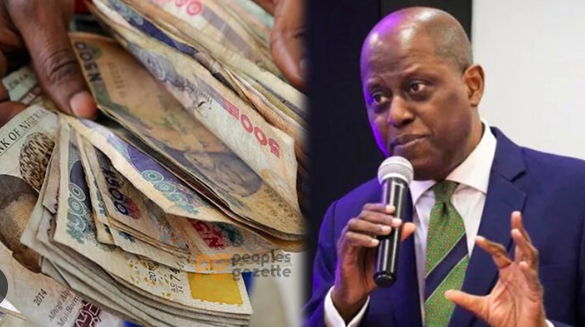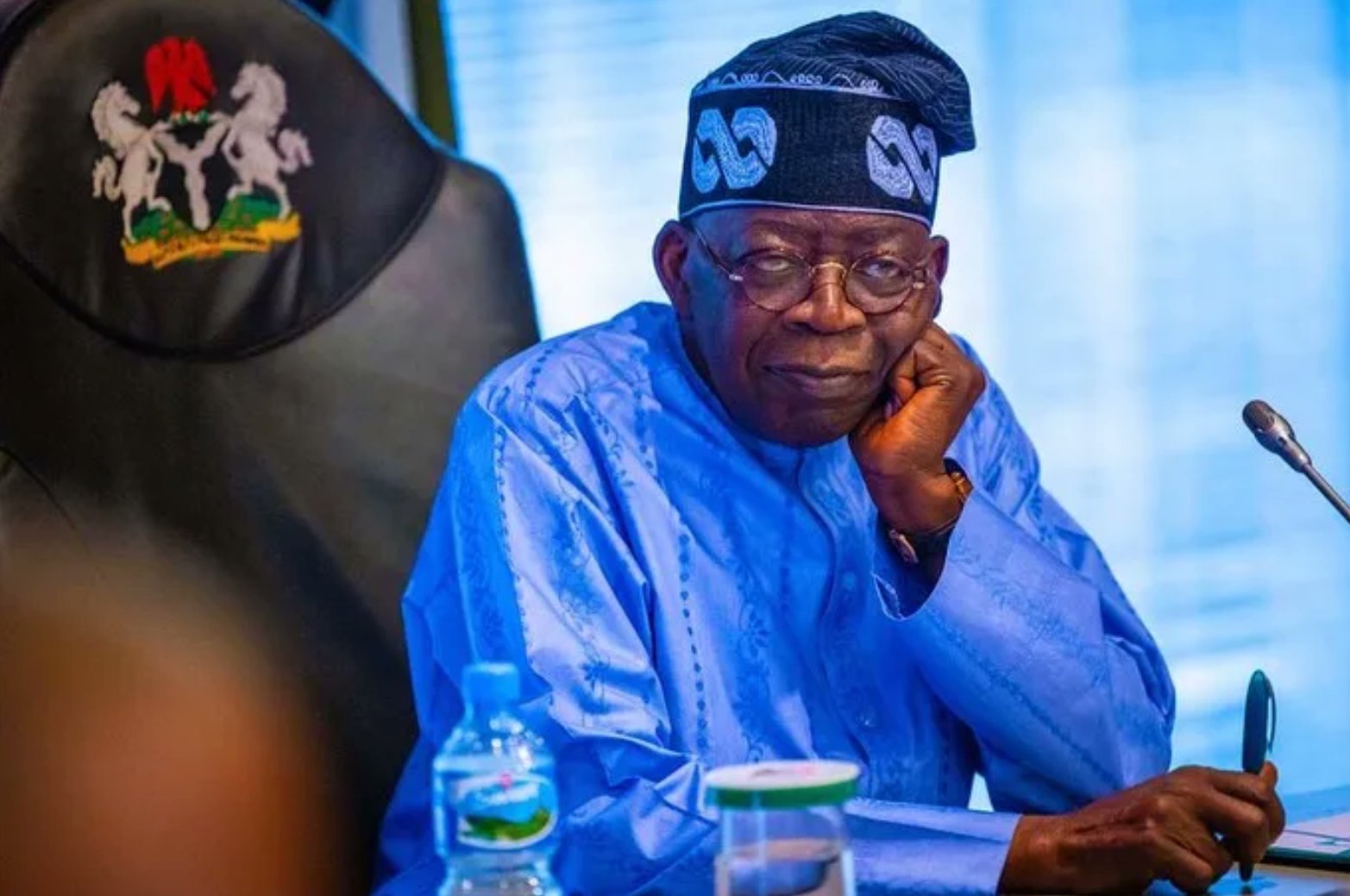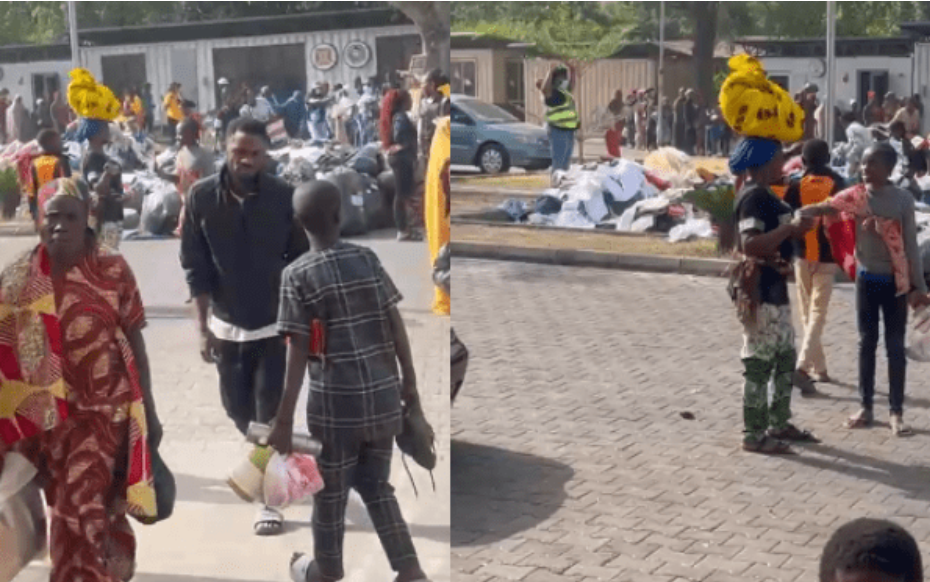By Ajibola Olaide, JKNMedia Reporter
ALLEGATIONS OF mismanagement concerning over N100 billion in questionable notes and other funds stored in Central Bank of Nigeria (CBN) vaults have prompted calls for accountability from Governor Olayemi Cardoso.
These concerns stem from revelations in the Auditor-General of the Federation’s latest annual report.
Kolawole Oluwadare, Socio-Economic Rights and Accountability Project (SERAP)’s Deputy Director, addressed these concerns in a letter, indicating potential violations of the Nigerian Constitution, the CBN Act, and anti-corruption laws both nationally and internationally, and issued the CBN a 7-Day ultimatum to offer explanations on the mission N100 billion old notes.
SERAP highlighted the need for transparency regarding the N7.2 billion allocated for the construction of the CBN Dutse branch in 2010 and the N4.8 billion for the renovation of the CBN Abeokuta branch in 2009.
The organization urged the CBN to disclose the names of contractors who received these funds but failed to complete the projects.
In addition to these concerns, SERAP pressed for clarity on a N1.2 billion loan extended to the Enugu State Government in 2015 and a N1.9 billion loan to the Anambra State Government between 2015 and 2016.
The organization called for the full recovery of these funds and their return to the public treasury.
The letter stated: “We urge you to take the recommended measures within seven days of receiving or publishing this letter.
If we do not receive a response, SERAP will pursue legal action to ensure compliance in the public interest.
Providing an explanation for the missing funds, revealing the responsible parties, and ensuring they face justice is crucial to serving the public interest and curbing impunity.”
The Auditor-General’s 2020 report revealed that since 2017, the CBN has held over N100 billion in ‘dirty and bad notes’ and other large sums awaiting examination across its branches.
There are concerns that these notes, initially slated for destruction, may have been diverted back into the economy.
Further scrutiny revealed that in August 2010, the CBN allocated N7.2 billion for the construction of its Dutse branch, a project that was supposed to be completed by November 2012.
However, the contractors have not finished the job. Similarly, in 2009, N4.8 billion was budgeted for renovating the Abeokuta branch, with a completion date set for 2012.
Yet, years later, there has been no significant progress.
The Auditor-General suspects that these projects may have been awarded to incompetent contractors and insists they be completed without further delay.
These issues reflect broader accountability failures within the CBN, underscoring its persistent non-compliance with its Act and the principles of transparency and accountability.
Moreover, the CBN has not accounted for the N1.2 billion loan to Enugu State and the N1.9 billion loan to Anambra State, both of which are suspected to have been diverted.
The Auditor-General demands the recovery of these funds and their return to the treasury.
SERAP emphasized that according to Paragraph 708 of the Financial Regulations 2009, payments should not be made for services not performed or goods not supplied.
Additionally, the Public Procurement Act 2007 mandates that no further payments should be made to contractors without an interim performance certificate.
The organization reminded that Section 15(5) of the Nigerian Constitution mandates public institutions to eliminate corrupt practices and abuse of power, while Section 13 requires the CBN to adhere to the provisions of Chapter 2 of the Constitution.
Furthermore, Paragraph 3112(ii) of the Financial Regulations 2009 specifies that public officers who fail to account for government revenue should be surcharged for the full amount and handed over to the Economic and Financial Crimes Commission (EFCC) or the Independent Corrupt Practices and Other Related Offences Commission (ICPC).
Nigeria’s commitments under the UN Convention against Corruption demand accountability in public resource management.
Articles 5 and 9 of this convention legally bind the CBN to ensure proper management of public funds. Nigerians have a right to know the status of public funds, and implementing SERAP’s recommendations would advance their rights to restitution, compensation, and guarantees of non-repetition.
It notes that in conclusion, the Nigerian Constitution, Freedom of Information Act, and anti-corruption and human rights obligations support citizens’ access to information regarding the activities of public institutions.
At JKNewsMedia, our dedication to delivering reliable news and insightful information to our cherished readers remains unwavering. Every day, we strive to provide you with top-notch content that informs and enlightens. By donating to JKNewsMedia, you directly contribute to our mission of delivering quality journalism that empowers and informs. Your support fuels our commitment to bringing you the latest updates and in-depth analysis. Let's continue to uphold the highest standards of journalism and serve our community with integrity and dedication. Thank you for being a part of the JKNewsMedia family and for your ongoing support.





